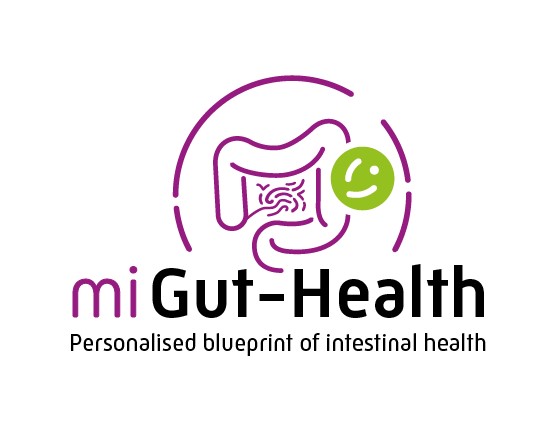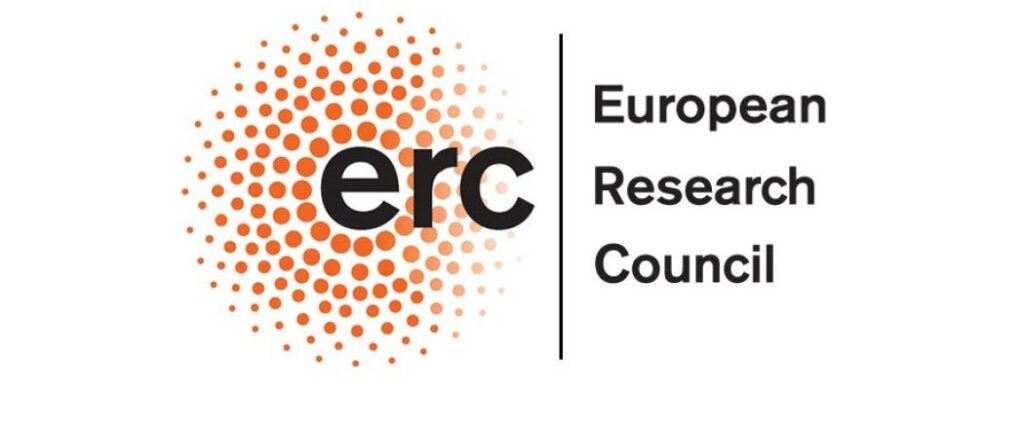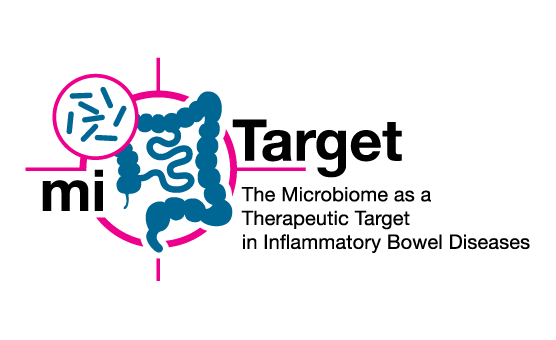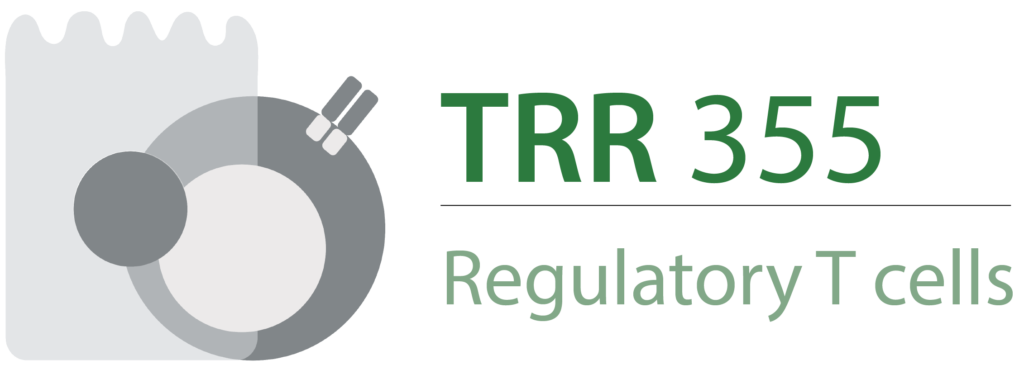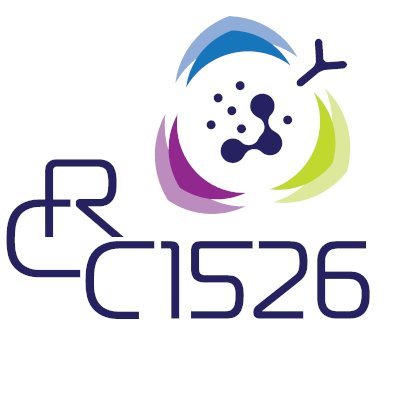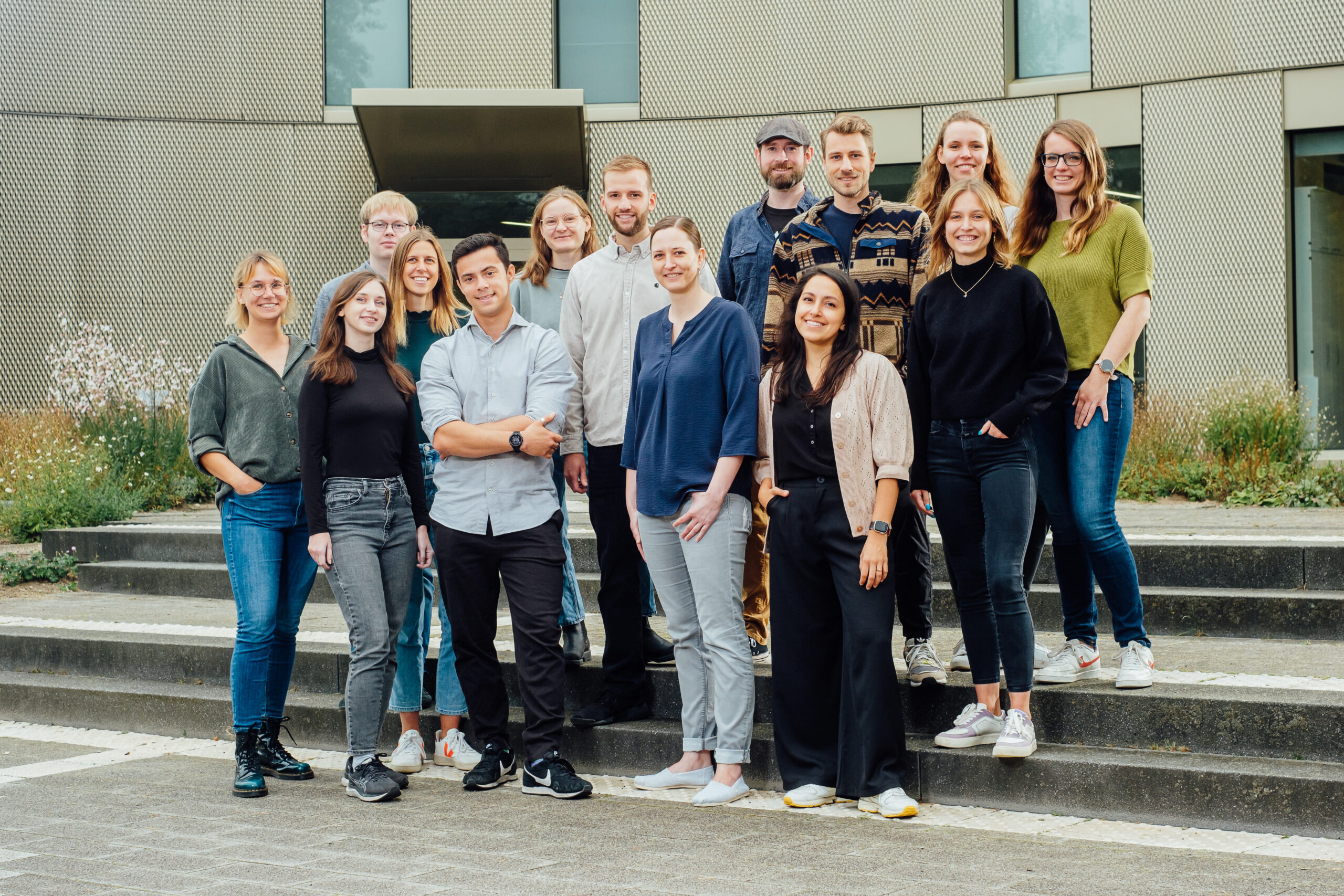
Petra Bacher
Intestinal Immune Regulation
Key Research Focus
Our research is focused on host-microbiota interactions in chronic inflammatory diseases and especially on the role of microbe-specific CD4+ T cell responses in immune tolerance and inflammation. CD4-positive T helper (CD4+ Th) cells are central organizers of adaptive immune responses against the microbiota. A main characteristic of CD4+ T cells is their ability to recognize a specific antigen via their T cell receptor (TCR). CD4+ T cells can acquire various effector functions that enable an optimal response to a given microbe, ranging from protection against pathogens to tolerance to harmless commensals. Inappropriate or uncontrolled Th cell responses against microbes are in turn considered key contributors to chronic inflammatory diseases. Thus, the combination of both, the specificity for a particular microbial antigen and the functional properties of the respective Th cells, is the key factor for protective versus pathological immune responses. How protective immunity and tolerance against microbes is maintained or disturbed is not known in many clinical situations. This is a significant roadblock for the development of precise and personalized treatment strategies. Therefore, our major interest is to understand how homeostatic immune interactions against microbial antigens are maintained on the CD4+ T cell level, and how these protective mechanisms are broken in different diseases, with a focus on chronic inflammation.
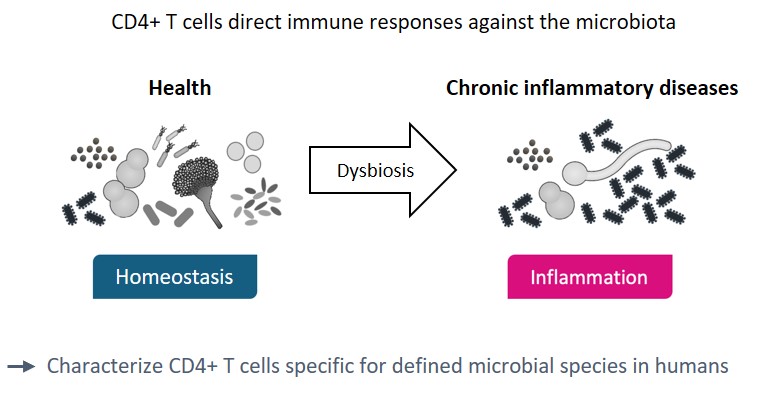
Our Methods
We use novel approaches to analyse antigen-reactive Th cells directly ex vivo from human blood or tissue samples to understand why in patients with chronic inflammatory diseases (e.g. inflammatory bowel disease, atopic dermatitis, chronic lung and liver inflammation, etc), tolerance mechanisms fail. To characterize the antigen-specific T cell response, we combine our ARTE (Antigen-reactive T cell enrichment) technique with other powerful downstream technologies, like for example multi-dimensional flow cytometry, (single cell) transcriptomics, T cell receptor sequencing and proteomics.
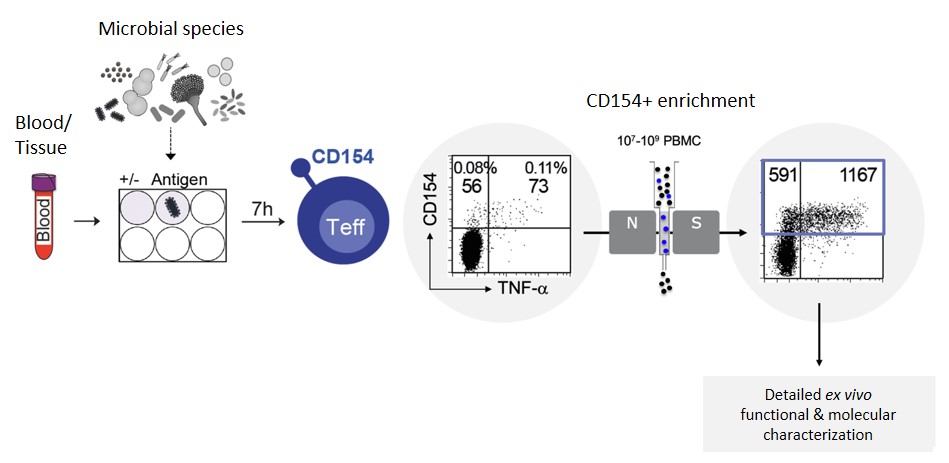
Our Aims
We aim to elucidate the interaction between microbial antigens, environmental factors (e.g. the nutrition) and inflammatory processes that lead to immune dysregulation and inflammation. For example, in a recent project focused on the role of fungi in inflammatory bowel diseases, we found that dietary and commensal yeasts elicit aberrant CD4+ T cell responses in Crohn’s disease. We believe that the analysis of these fundamental processes directly in cells from the human immune system will significantly advance our understanding of basic mechanisms underlying chronic inflammatory diseases. Our long-term vision is to translate our basic research into clinical application by dissecting microbe-immune interaction mechanisms, allowing the development of the next generation of T cell-based diagnostics and therapeutics for chronic inflammatory diseases adapted to the specific needs of each individual patient.
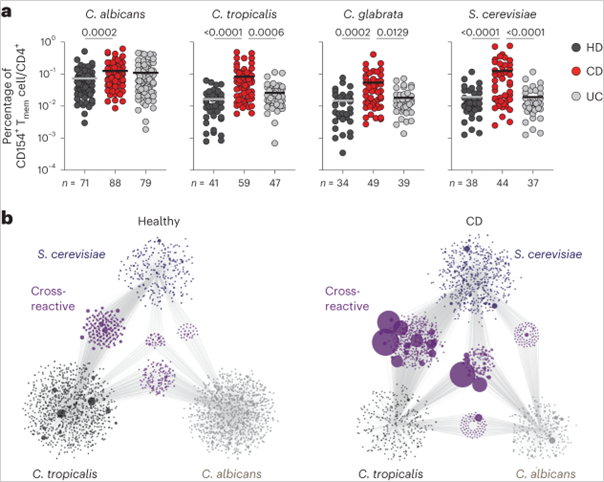
Major Scientific Projects
- Detection, characterization, and molecular regulation of human CD4+ T cell responses against microbiota
- Alterations of disease-relevant antigen-specific T cells in chronic inflammatory diseases
- Induction and functional characterization of human antigen-specific Th17 cell subsets


